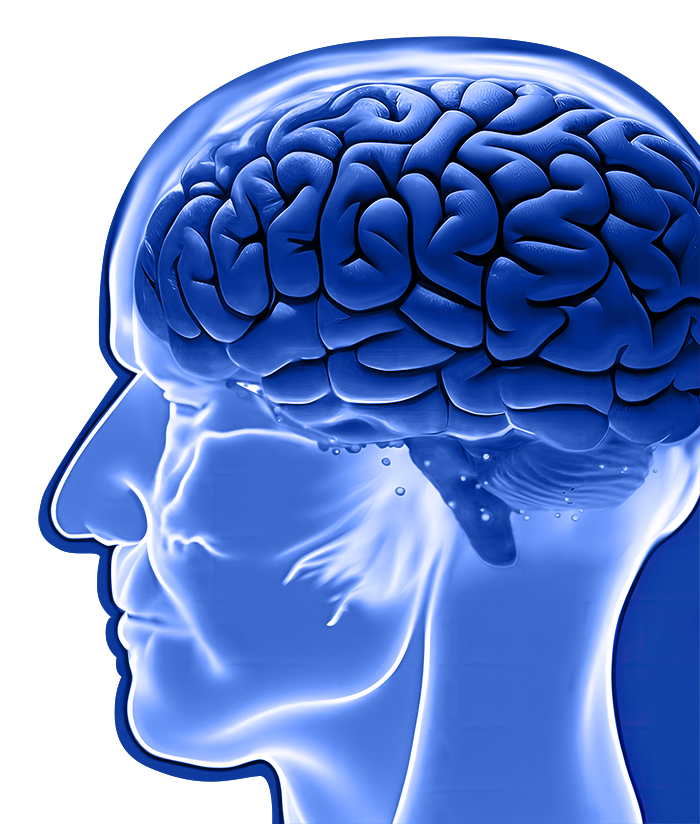HER-096: Disease-modifying therapy for Parkinson’s disease
Treatments today cannot prevent Parkinson’s disease progression
Neurodegenerative diseases are characterized by complex pathology in the brain that results in progressive degeneration and eventually death of neurons. In Parkinson’s disease, a specific type of neurons, the dopamine neurons of the nigrostriatal pathway located in the mid brain are the cells that are primarily affected.
- The affected neurons play a central role in coordination of motor functions. Typical symptoms of the disease are related to movement such as tremor, slowness of movement, muscle stiffness and impaired balance. However, often also non-motor symptoms occur (e.g., problems with cognition, sleep, and speech; depression; severe constipation).
- Currently available treatments can increase the dopamine levels in the brain and thereby alleviate the motor symptoms. However, these treatments cannot stop or slow the progression of the disease, and the effect of these treatments will gradually be lost as an increasing amount of the dopamine-producing neurons have degenerated.
HER-096 aims at slowing, stopping or even reversing the degeneration of the target neurons. This can mean a life without severe Parkinson’s disease symptoms for the patients.

